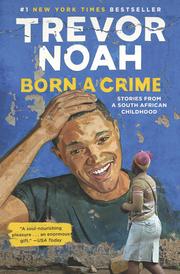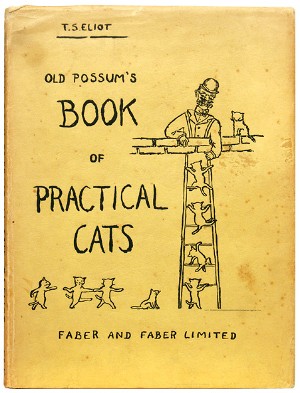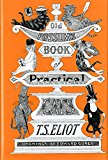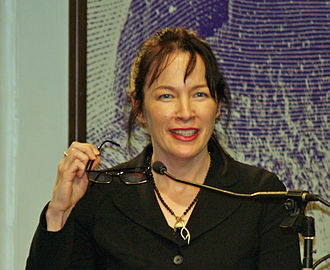Yuval Noah Harari, the author of "Homo Deus, A Brief History of Tomorrow", builds on the past and projects the "History of Tomorrow". He writes that the 21st century will brings a big shift in the trends of events that will have a real impact on life as we know it and then asks, "what if we actually found a way to achieve “bliss, immortality, and divinity?”
Achieving these goals sounds good but he explores the down side if it turns out that only a small select group accomplish this by upgrading themselves through biotechnology and genetic engineering, and then leaving the masses behind. The "Homo Deus" of the future might just be the special few who, using artificial intelligence, know us better than we know ourselves.
The book defines the history of humans as "humanism". It adds that "the single greatest constant in history is that everything changes". From this it concludes that looking at humanity according to the humanist creed, where the universe revolves around humankind, will also change.
Humans throughout history have sought for deliverance from famine, disease, and war, and have done so with some success. The resulting toll on humanity looking back has been huge, but today your more likely to commit suicide than be murdered, and are more at risk of dying of obesity than starvation. This book talks about how delicate life has been, but it also compares the past with the real progress that has been made and what changes may occur next.
In the book’s final section, Harari talks about a change in religion in which the greatest moral good is to "increase the flow of information". This new religion “has nothing against human experiences,” he writes; “It just doesn’t think those experiences have intrinsic value.” What has value is "information" and it is the new religion.
The book looks into much of what has traditionally defined humanity and then takes those trends in surprising directions. Whether you agree with the conclusions or not it is an interesting book to read.
























































